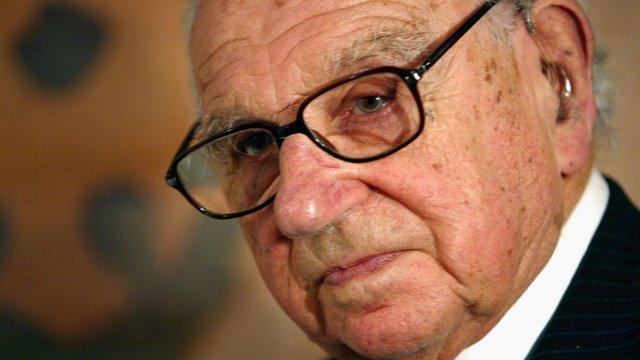Sir Nicholas Winton: Holocaust saviour 'did not think he was a hero'
- Published
Sir Nicholas Winston's story is to be brought to life on the big screen
The family of Sir Nicholas Winton, who organised the rescue of more than 600 children from the Nazis, say he refused to think of himself as a hero.
The philanthropist is now the subject of a film which tells the story of him bringing them from German-occupied Czechoslovakia to the UK in 1939.
His grandson Laurence, who lives in Herefordshire, said the making of the film had been an emotional process.
It also had a pertinent message about refugees today, he added.
Sir Nicholas, known as Nicky to his friends and family, saved 669 young children in the nine months leading up to the outbreak of World War Two.
But his actions only really became widely known in 1988, when he was celebrated on the BBC's That's Life programme when the children, then adults, were in the show's audience.
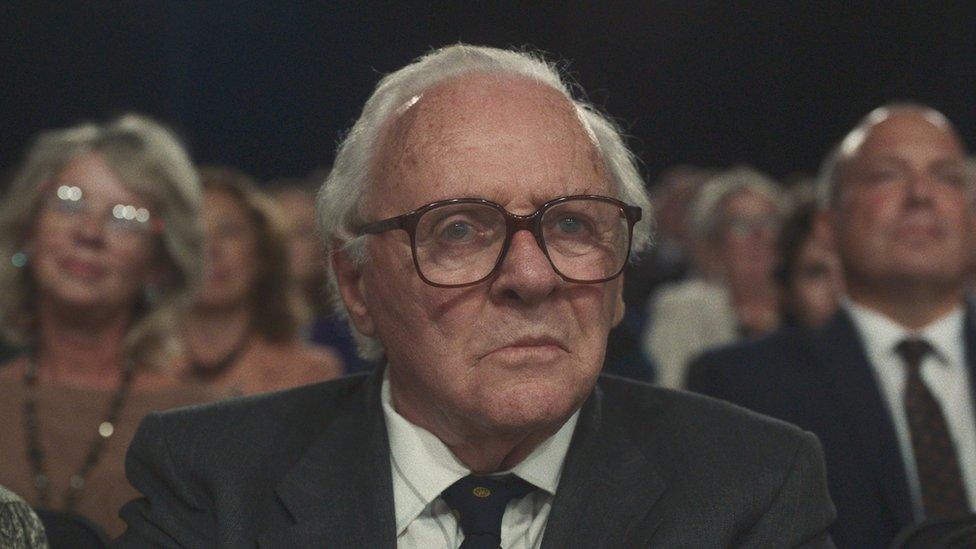
Sir Anthony Hopkins plays Sir Nicholas Winton in the film One Life
"As a child, it was a thing, it didn't really mean anything to me at that point," Mr Winton said.
"It took a while for me to re-evaluate and think 'oh, actually this is quite special and unusual'.
"It wasn't that he kept it a secret, it was more that he was focused on the future and he wasn't interested in patting himself on the back - and that was true throughout his life."
Sir Nicholas, who received a knighthood in 2003 for services to humanity, died in 2015 aged 106.
Mr Winton said his grandfather had become friends with many of the rescued children and had met them when they went to Maidenhead in Berkshire, where Sir Nicholas and his grandmother lived.
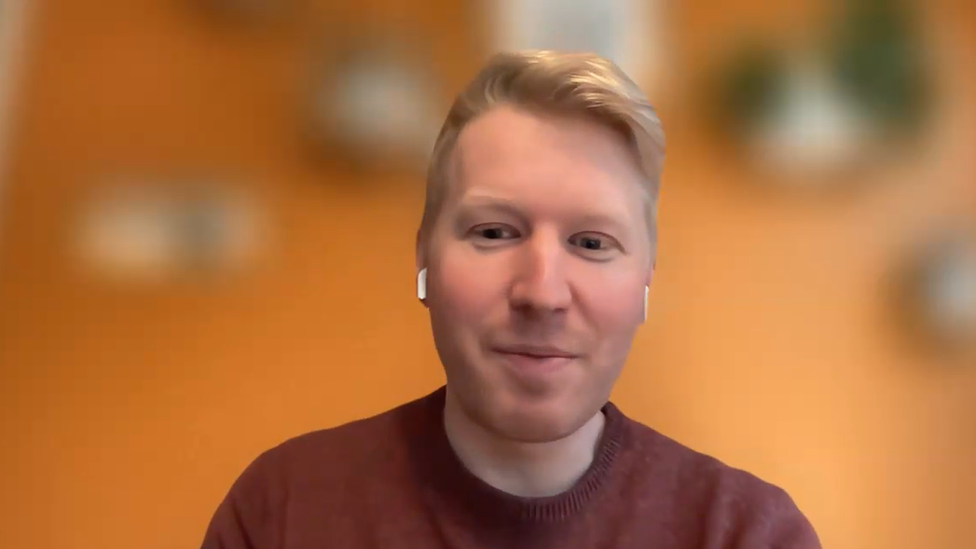
Laurence Winton said the family were pleased the film also showed the collaborative effort behind saving the children
"We didn't think of him as a hero because it was so hard to get him to accept that. He would just say 'no, no.. I would do what anyone would do'," he said.
Sir Nicholas's daughter wrote a book about her father, which forms the screenplay to the film One Life, starring Sir Anthony Hopkins.
She died last year and was very sad she would be unable to see the movie, Mr Winton said.
She had always wanted Sir Anthony to play her father and the actor had done a "brilliant job" in portraying him, he added.
The family are also pleased the film showed the collaborative effort behind saving the children and had a relevant message for today, which was that it happened in spite of so many things.
"I think that's the lesson for us today, is to think 'what's changed'? Are things really different, do we think about refugees in a different way? antisemitism is still a huge issue," he said.
"That's what would have made Nicky happy to see the story told, if he thought it was going to inspire people to do something and take action today or to support refugees today - we are very pleased to see it on that basis."

Follow BBC West Midlands on Facebook, external, X, external and Instagram, external. Send your story ideas to: newsonline.westmidlands@bbc.co.uk, external
Related topics
- Published12 October 2023
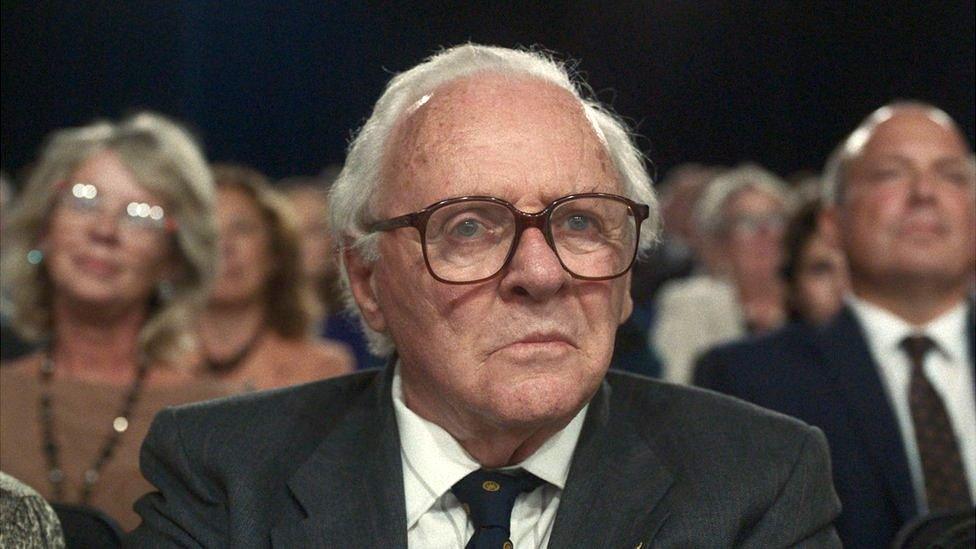
- Published4 January 2024
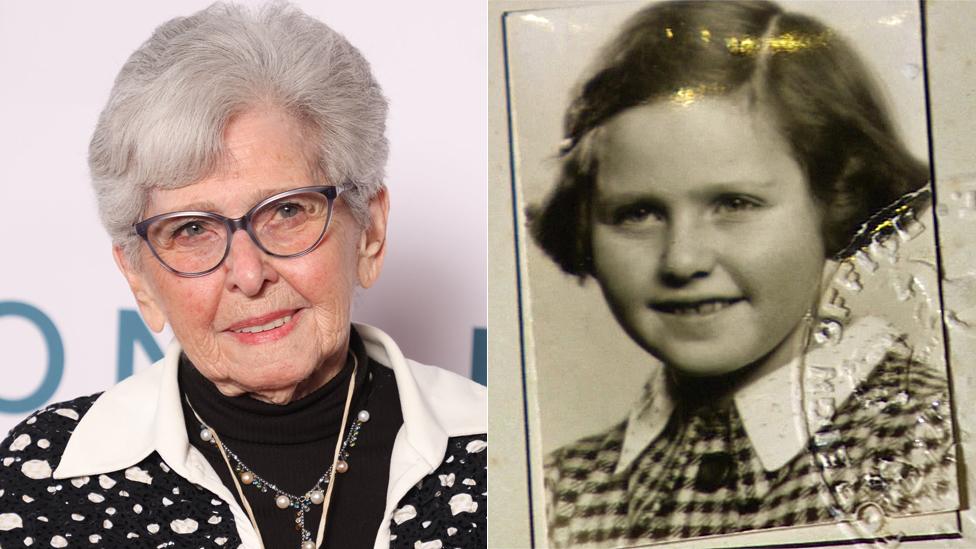
- Published22 December 2023
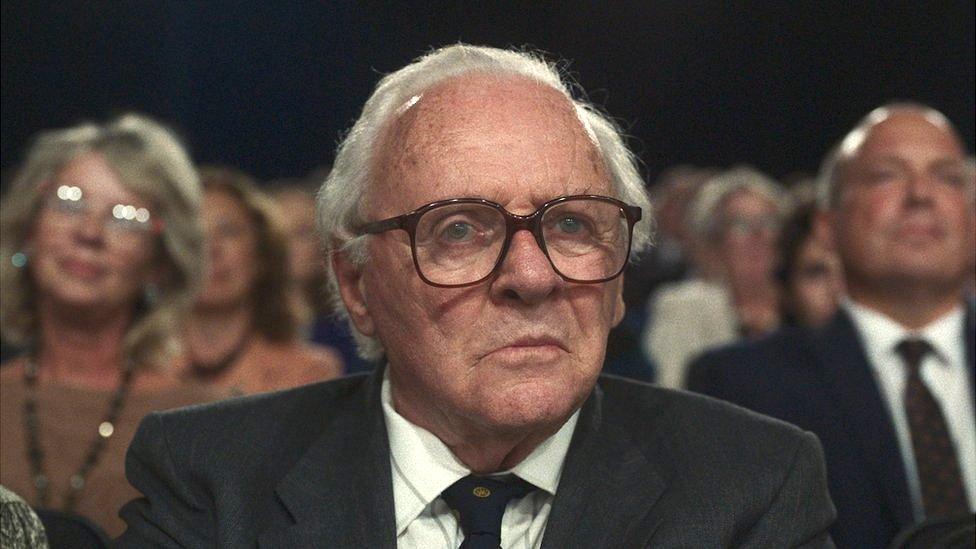
- Published28 October 2014
